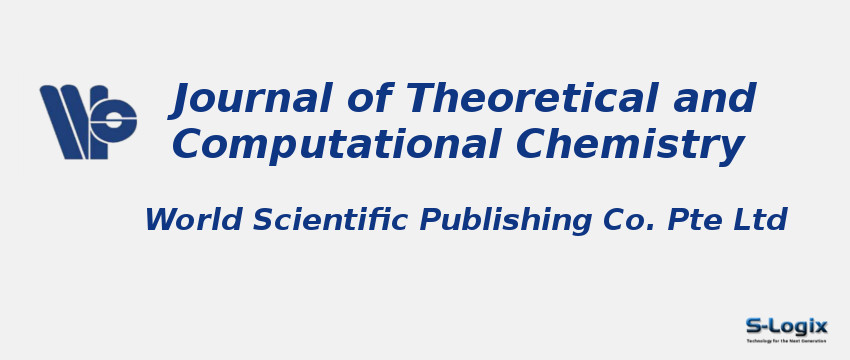Journal Home: Journal Homepage
Editor-in-Chief: Emil Alexov
Print ISSN: 02196336
Electronic ISSN:
Abstracting and Indexing: Scopus, Science Citation Index Expanded
Imapct Factor 2024: 2.44
Subject Area and Category: Chemistry, Physical and Theoretical Chemistry, Computer Science, Computational Theory and Mathematics, Computer Science Applications
Publication Frequency:
H Index: 0
Q1:
Q2:
Q3:
Q4:
Cite Score: 1.7
SNIP: 0
Journal Rank(SJR): 0.221
Guidelines for Authors: Journal of Theoretical and Computational Chemistry Author Guidelines
Paper Submissions: Paper Submissions in Journal of Theoretical and Computational Chemistry
Publisher: World Scientific Publishing Co. Pte Ltd
Country: Singapore
